7 GPTs for Lab Analysis Powered by AI for Free of 2025
AI GPTs for Lab Analysis are advanced computational tools designed to assist in laboratory research and diagnostics. Utilizing Generative Pre-trained Transformers, these AI models are tailored to interpret, analyze, and generate insights from a variety of lab-related data. They facilitate tasks ranging from data interpretation to predictive modeling, making them indispensable in the acceleration of research and improvement of analytical accuracy. Their adaptability allows them to serve a wide range of lab analysis tasks, emphasizing the role of AI in enhancing precision and efficiency in scientific endeavors.
Top 7 GPTs for Lab Analysis are: Junior Resident,Lab Reviewer & Letter Writer,Personal Health Insights,彻底看懂体检报告(化验单),Explica Mi Lab,Investigations at home,Chemistry Tutor
Junior Resident
Enhancing medical understanding with AI-powered insights
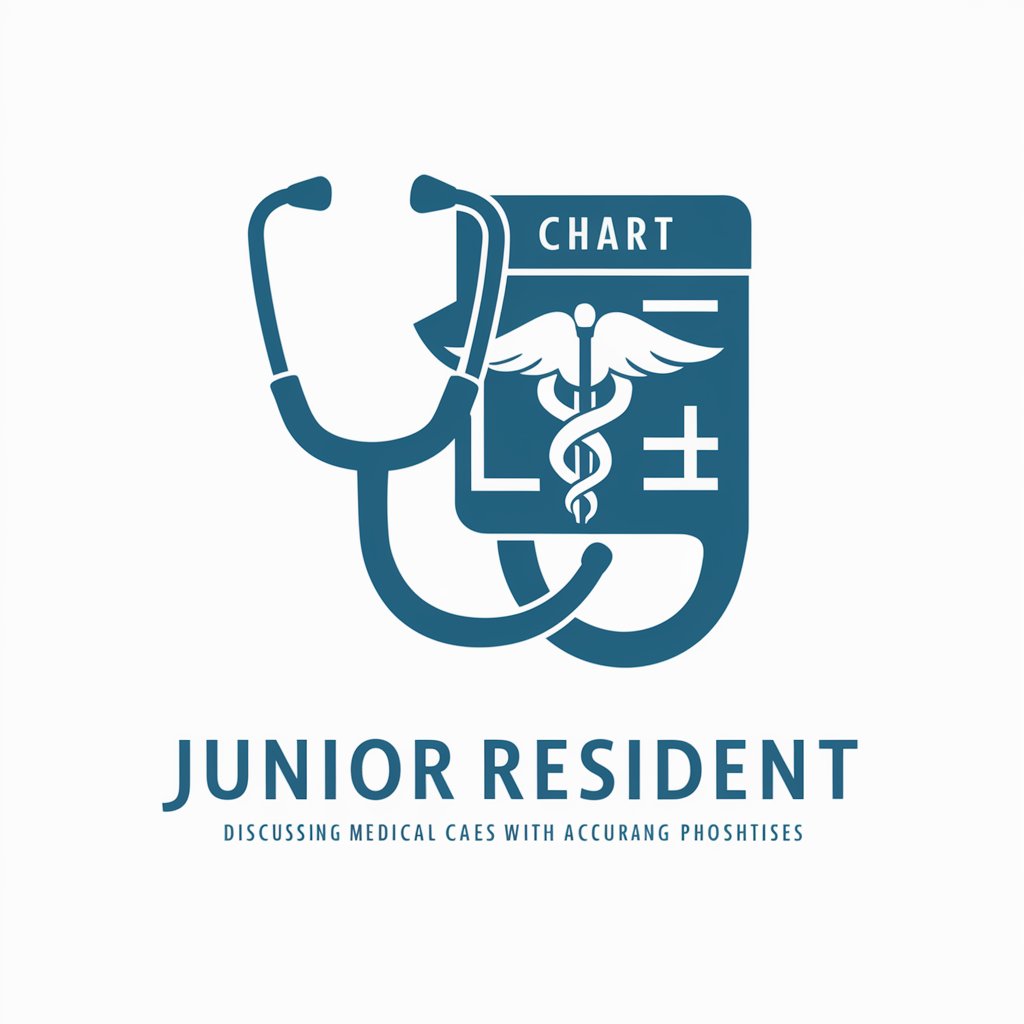
Lab Reviewer & Letter Writer
Transforming lab results into patient insights.
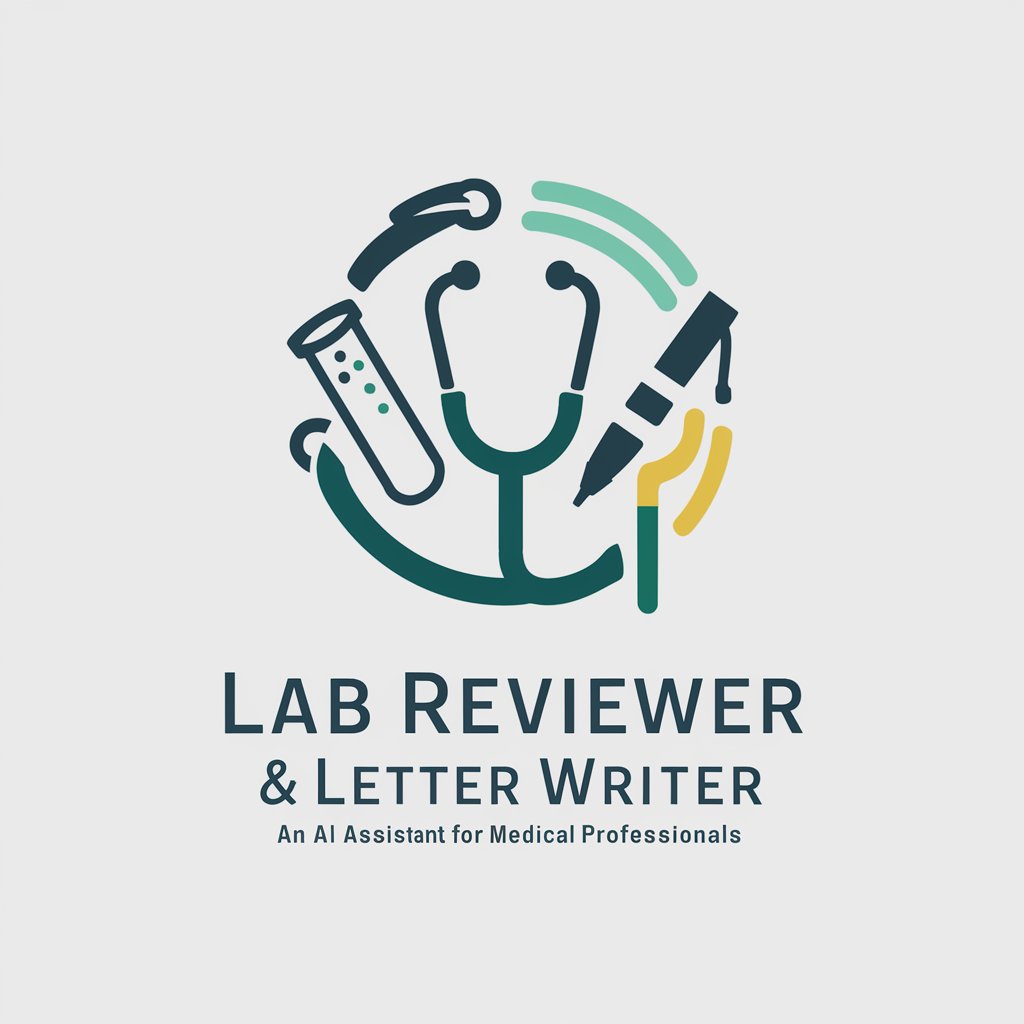
Personal Health Insights
Deciphering health data with AI-powered analysis

彻底看懂体检报告(化验单)
Decipher your health reports with AI
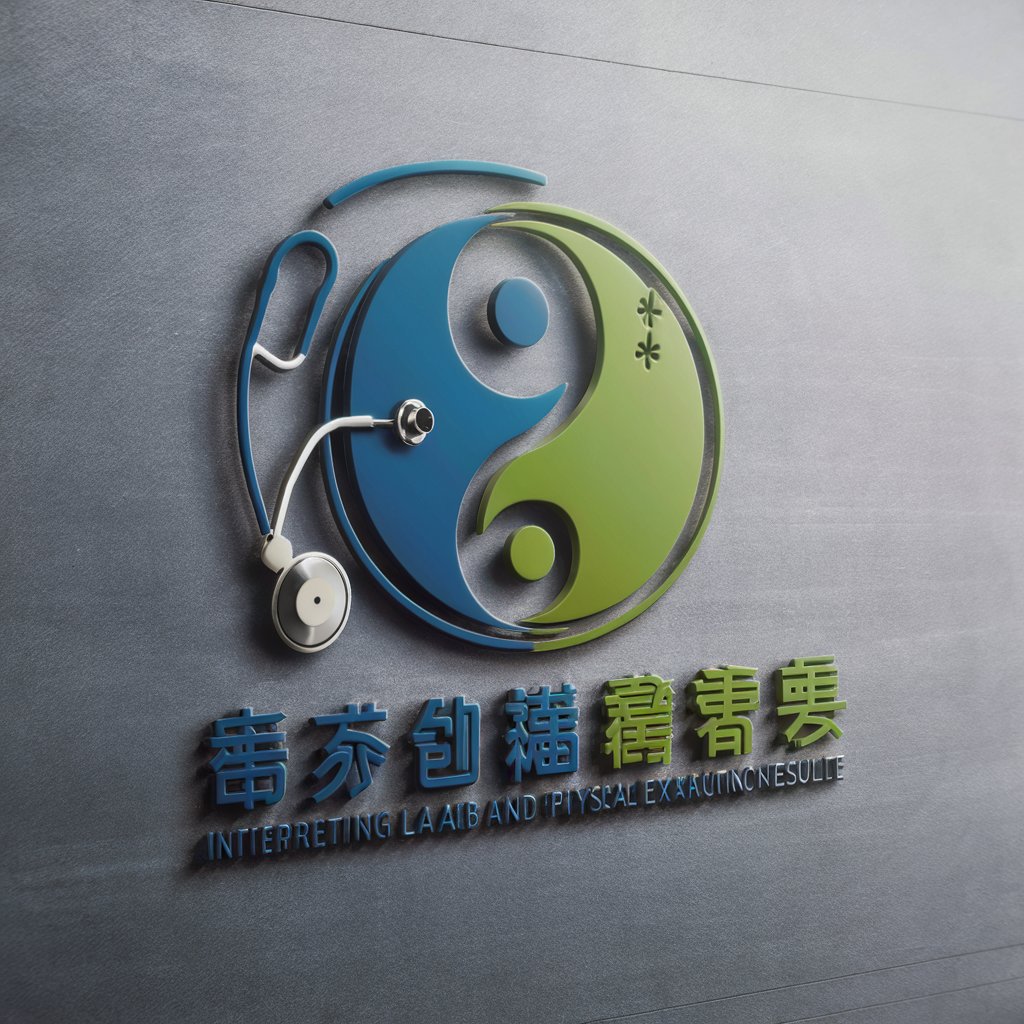
Explica Mi Lab
Deciphering Health, Powered by AI
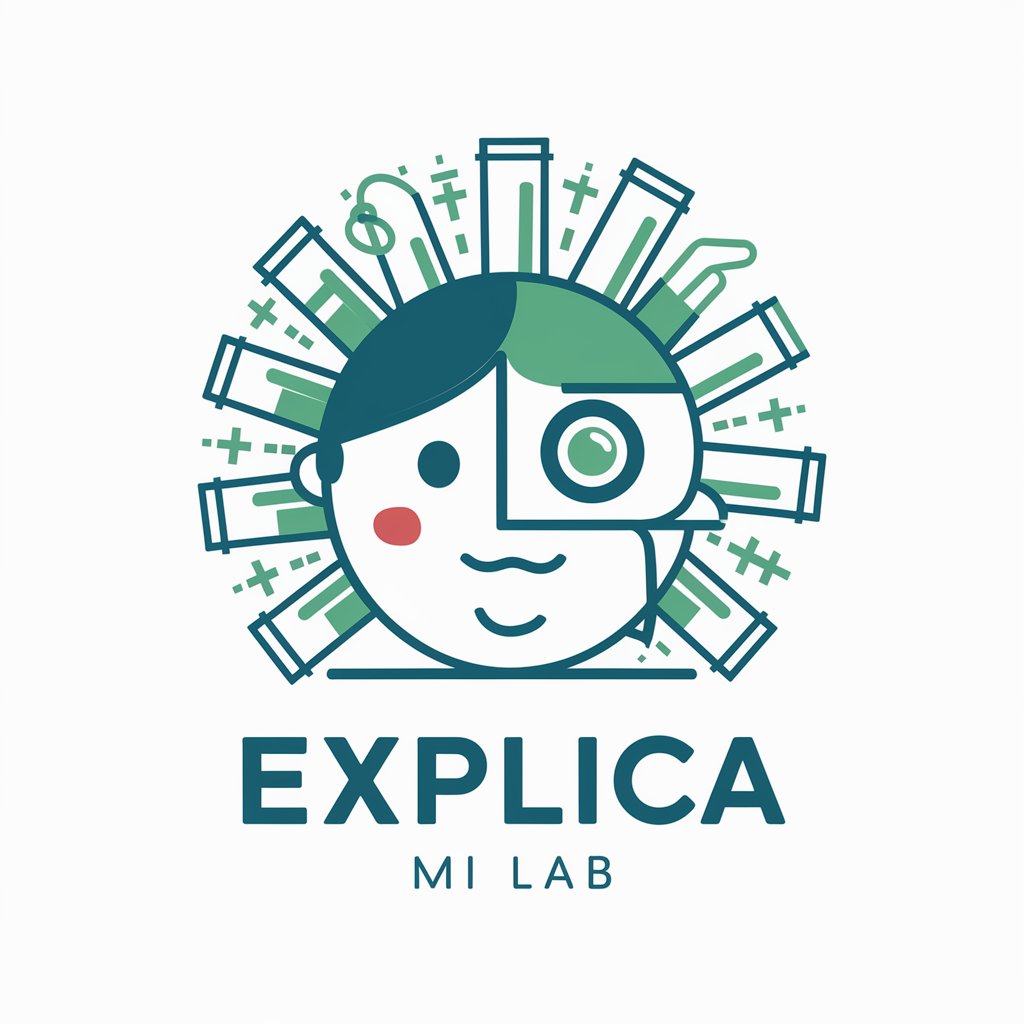
Investigations at home
At-home lab tests, AI-powered convenience
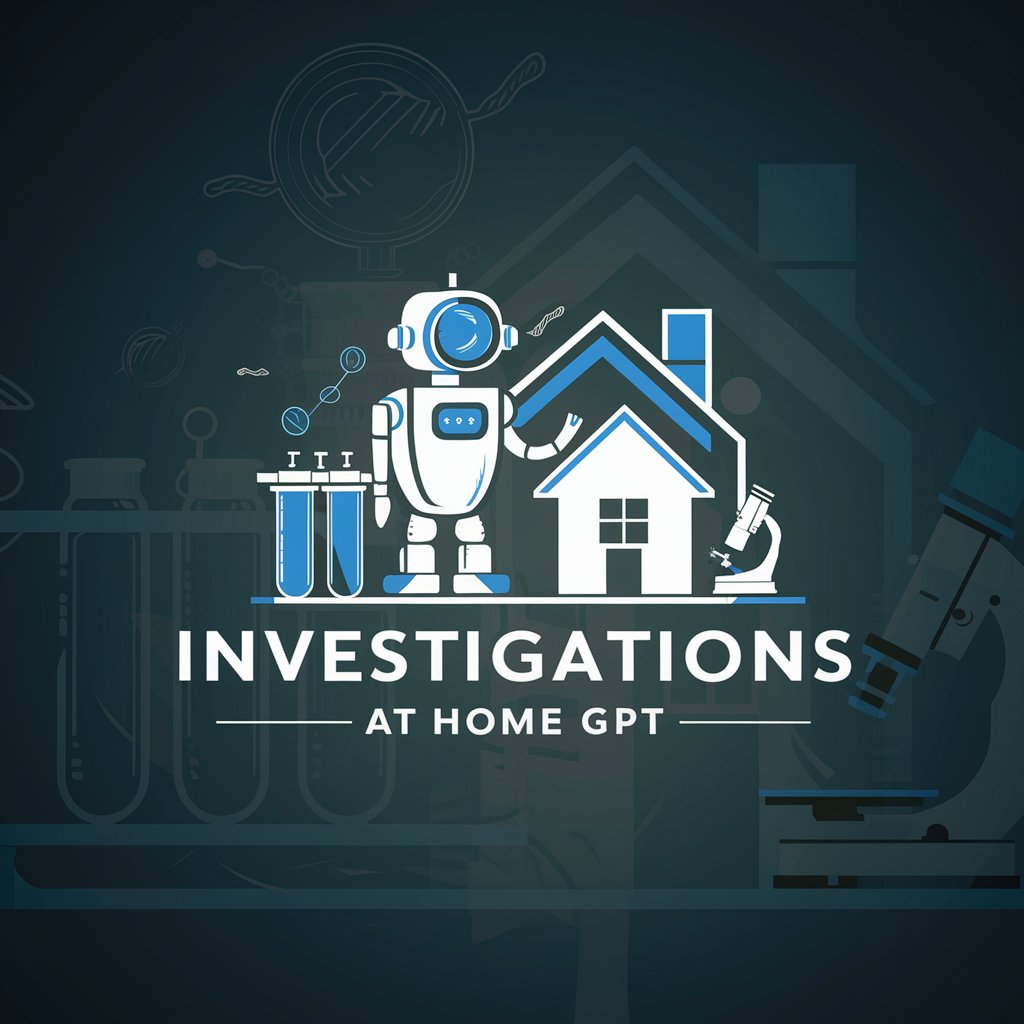
Chemistry Tutor
Empowering Chemistry Learning with AI
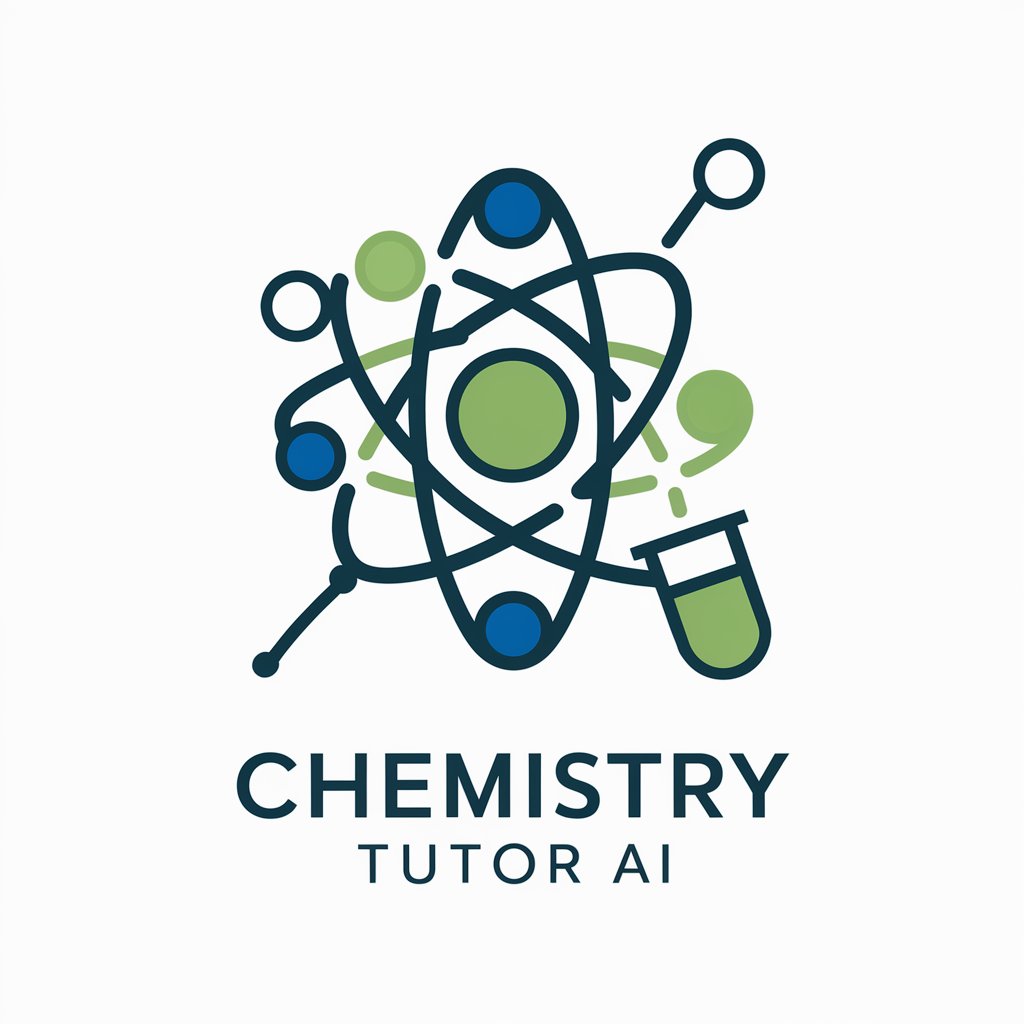
Key Attributes of Lab Analysis AI Tools
These AI GPTs tools for Lab Analysis boast several unique features that set them apart. Their core capabilities include advanced data analysis, pattern recognition, and predictive analytics tailored specifically for laboratory data. They can learn from complex datasets, adapting their functions from basic data interpretation to complex predictive modeling. Special features include natural language processing for interpreting lab reports, image analysis capabilities for microscopy, and the ability to integrate with lab management software. Their flexibility in handling different data types and formats makes them highly versatile in the laboratory setting.
Who Benefits from Laboratory AI Solutions
AI GPTs for Lab Analysis are designed for a broad audience, including research scientists, laboratory technicians, and data analysts in the scientific community. They cater to novices by offering user-friendly interfaces that require no coding knowledge, while also providing extensive customization options for developers and seasoned professionals. This dual approach ensures that these tools are accessible and valuable to both those new to AI technologies and experts looking for advanced analytical capabilities.
Try Our other AI GPTs tools for Free
Online Consultation
Explore AI GPTs for Online Consultation: Transforming digital advice with personalized, AI-driven interactions tailored for efficient and effective consultancy services.
Incident Command
Discover how AI GPTs for Incident Command revolutionize emergency management with real-time analytics, natural language processing, and customizable solutions for enhanced decision-making and operational efficiency.
Car Recommendations
Discover personalized car recommendations with AI GPTs, leveraging advanced algorithms to find the perfect car for your needs, preferences, and budget.
Brewing Guides
Discover how AI GPTs for Brewing Guides can transform your brewing experience with advanced, tailored solutions for recipe creation, process optimization, and more.
Magical Quests
Explore the realm of AI GPTs for Magical Quests, where fantasy meets technology. Unlock the power of AI to create immersive narratives, design captivating quests, and bring your magical worlds to life.
Contest Preparation
Discover how AI GPTs revolutionize contest preparation, offering automated, intelligent solutions for question generation, engagement, and analysis, tailored to your contest's needs.
Expanding Horizons with Lab Analysis AI
AI GPTs for Lab Analysis represent a significant leap forward in scientific research and diagnostics. Their ability to process and analyze large datasets with high precision offers unparalleled support in the lab. The integration of these tools with existing systems underscores the potential for AI to not only streamline laboratory operations but also to drive innovations in research methodologies and outcomes. Their user-friendly interfaces ensure that these advancements are accessible to a broad range of users, heralding a new era of efficiency and accuracy in laboratory analysis.
Frequently Asked Questions
What are AI GPTs for Lab Analysis?
AI GPTs for Lab Analysis are AI-driven tools that leverage Generative Pre-trained Transformers to offer tailored support for laboratory and research tasks, including data analysis, report generation, and predictive modeling.
How can these AI tools improve lab analysis?
They improve lab analysis by automating data interpretation, enhancing accuracy with predictive analytics, and providing insights from complex datasets, which helps in faster decision-making and research development.
Who can use AI GPTs for Lab Analysis?
They are suitable for a wide range of users in the scientific field, from novices to experts, including research scientists, lab technicians, and data analysts.
Do I need programming skills to use these tools?
No, these tools are designed with user-friendly interfaces for those without coding skills, but they also offer customization options for users with programming expertise.
Can these tools analyze images from experiments?
Yes, many AI GPTs for Lab Analysis have image analysis capabilities, allowing them to interpret and analyze microscopy images and other experimental visuals.
How do these AI tools integrate with existing lab systems?
They can be integrated through APIs or customized interfaces, enabling seamless data exchange and functionality within existing lab management and data analysis workflows.
Are AI GPTs for Lab Analysis secure?
Yes, these tools implement advanced security measures to protect sensitive data and ensure compliance with data protection regulations.
Can these AI tools predict outcomes of experiments?
Yes, by leveraging data from previous experiments, they can model and predict potential outcomes, aiding in hypothesis testing and experimental planning.